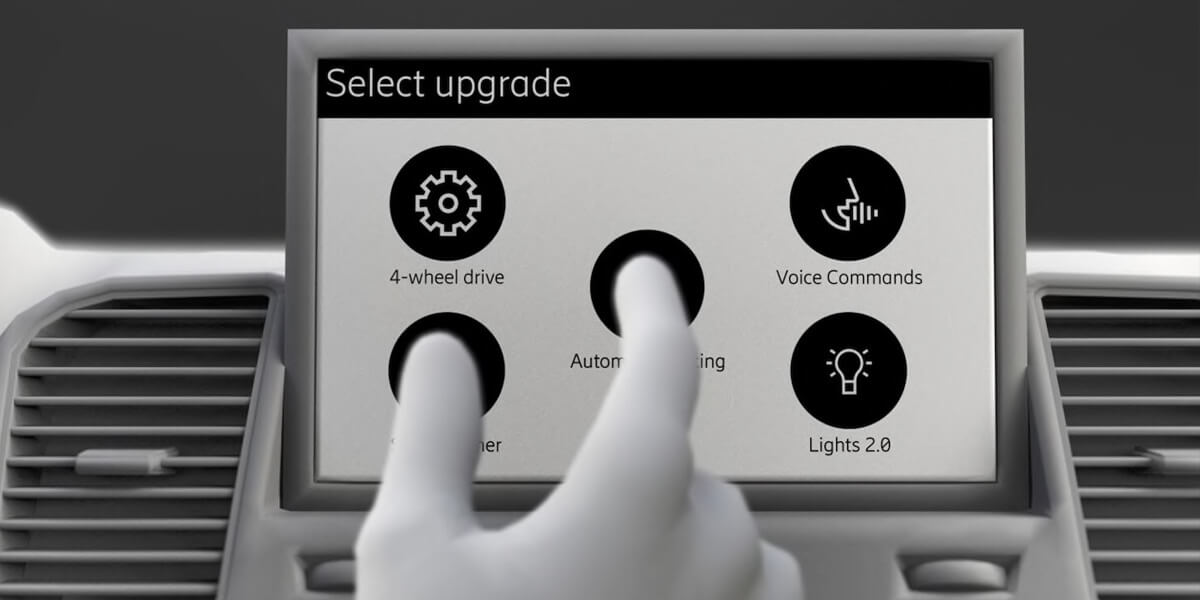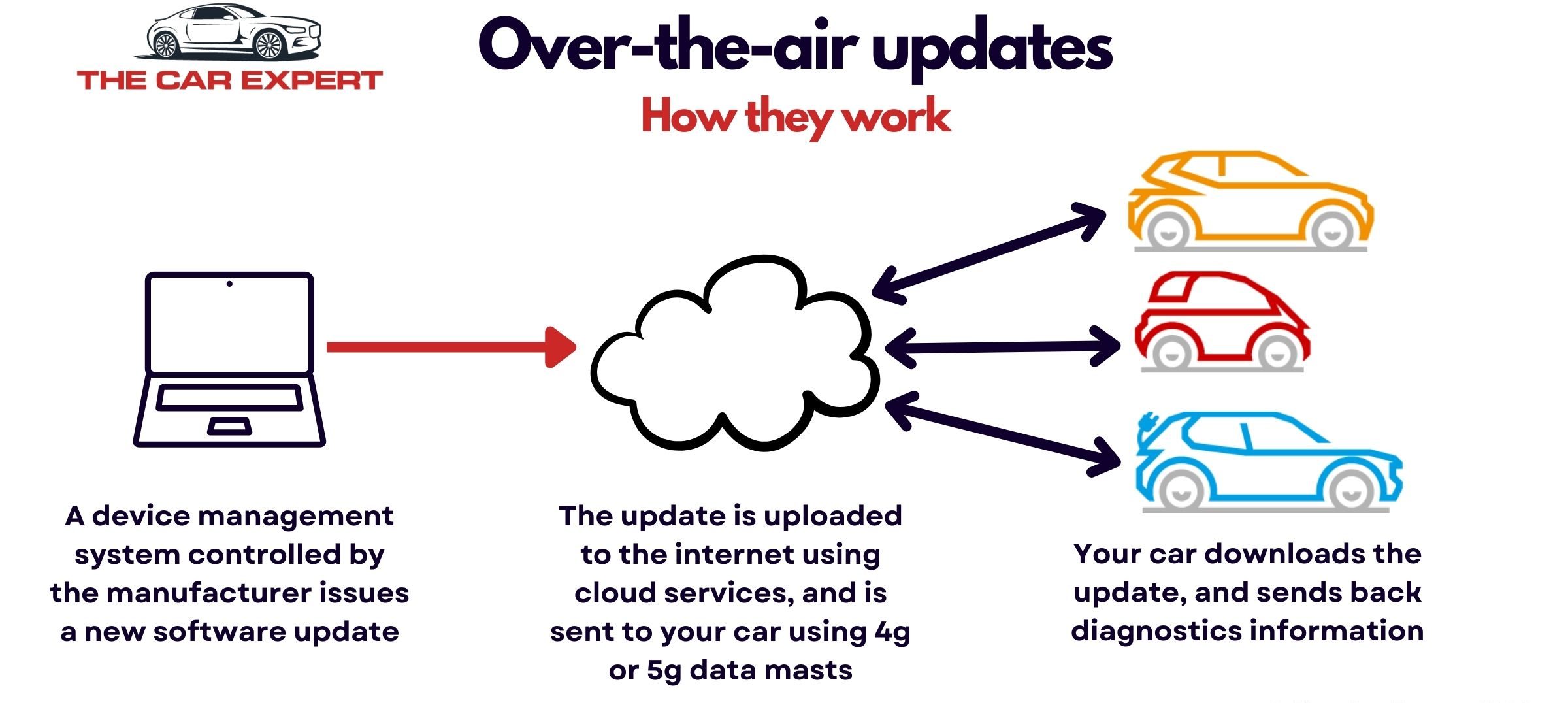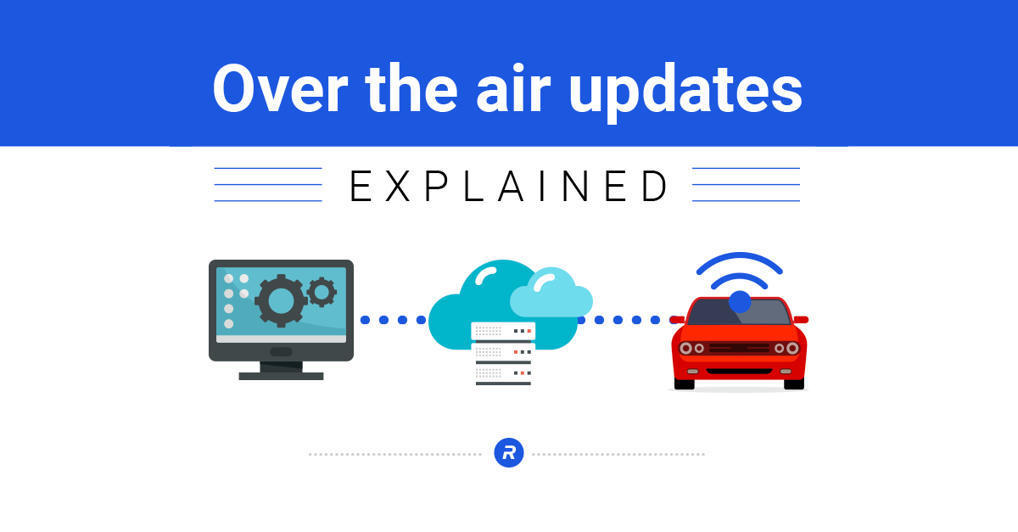In an era where technology is rapidly advancing, over-the-air (OTA) software updates have become a standard feature for many modern devices, including smartphones, smart home devices, and vehicles.
These updates allow manufacturers to push new features, security patches, and bug fixes directly to consumers’ devices without requiring physical intervention.
While OTA updates offer numerous benefits, they have also sparked a debate over consumer rights and the implications of manufacturers having remote control over consumer-owned products.
Advantages of OTA Updates
OTA updates offer several advantages to both manufacturers and consumers. Manufacturers, provide a cost-effective and efficient way to maintain and improve products.
Rather than recalling products or requiring users to bring devices to service centers, companies can deploy updates remotely. This capability allows manufacturers to address security vulnerabilities, fix bugs, and introduce new features promptly.

For consumers, OTA updates enhance the longevity and functionality of their devices. Users can enjoy the latest features and improvements without needing to purchase new hardware. Additionally, OTA updates can improve device security by addressing vulnerabilities and ensuring that devices remain protected against emerging threats.
Consumer Rights and Autonomy
Despite the benefits, OTA updates raise important questions about consumer rights and autonomy. One of the primary concerns is the lack of control consumers have over the updates.
Manufacturers often push updates automatically, without giving users the option to decline or delay them. This practice can lead to situations where updates introduce unwanted changes or even cause issues with device functionality.
Moreover, there are concerns about privacy and data security. OTA updates often require devices to be connected to the internet, potentially exposing them to cyber threats.
Consumers may also worry about the type and amount of data collected by manufacturers during the update process. Transparency and clear communication from manufacturers are essential to address these concerns and build trust with consumers.
Planned Obsolescence
Another contentious issue related to OTA updates is the concept of planned obsolescence. Some critics argue that manufacturers use OTA updates to intentionally slow down or degrade the performance of older devices, encouraging consumers to purchase new models.
While companies may deny such practices, instances where updates have negatively impacted device performance have fueled skepticism among consumers.
To mitigate these concerns, some advocates propose that manufacturers should offer longer support periods for their products and ensure that updates do not compromise the performance of older devices.
Additionally, providing consumers with more control over the update process, such as the ability to opt out of non-essential updates, could help address issues of planned obsolescence.
Legal and Regulatory Considerations
The debate over OTA updates and consumer rights has also attracted the attention of regulators and lawmakers. In some regions, there have been calls for stricter regulations to protect consumers from unwanted updates and ensure that manufacturers uphold their obligations regarding product maintenance and data privacy.

For example, the European Union’s General Data Protection Regulation (GDPR) includes provisions that require companies to obtain explicit consent from users before collecting and processing their data.
Similar regulations could be extended to cover OTA updates, giving consumers more control over how and when updates are applied to their devices.
The debate over OTA software updates and consumer rights highlights the need for a balanced approach that considers the benefits of OTA updates while addressing consumer concerns.
Manufacturers must prioritize transparency, user control, and data privacy to build trust and ensure that their products meet the evolving needs of consumers. By addressing these issues, the tech industry can continue to innovate while respecting consumer rights and autonomy.
Also Read: Muscle Cars in an EV Era: Nostalgia vs. Sustainability

